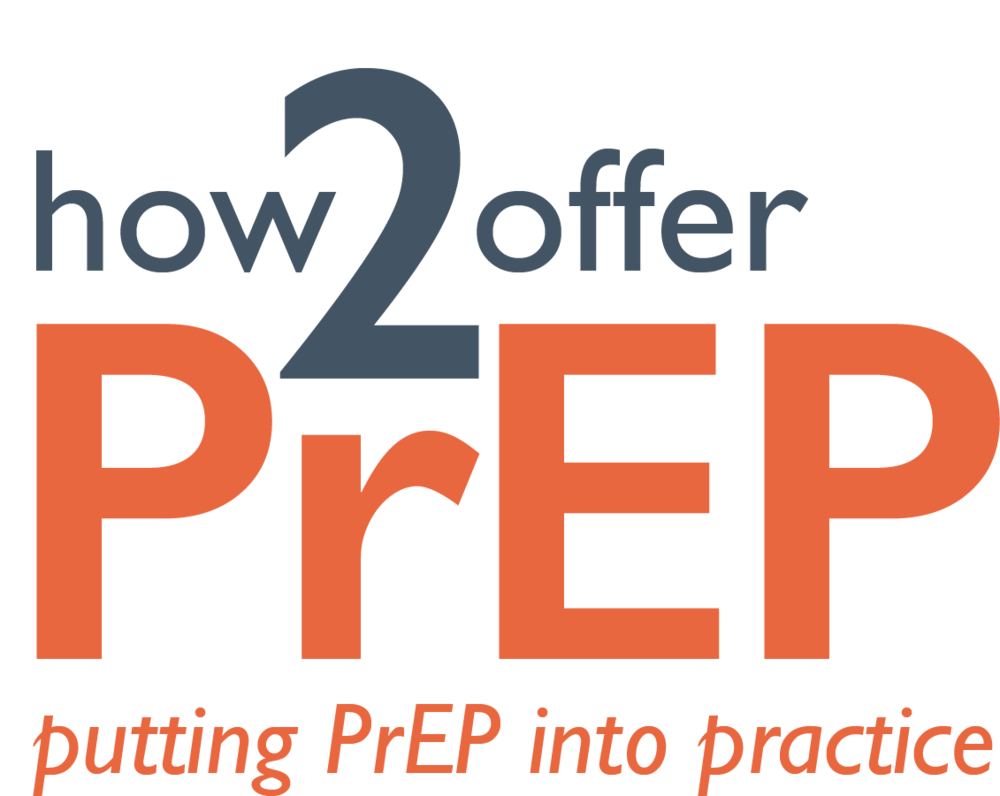The WHO led a systematic review of PrEP that led to WHO's strong recommendation for PrEP based on high quality evidence in September 2015.
The details of that review have now been published in the peer reviewed literature (Fonner et al, AIDS 2016). Supplemental tables (the PrEP section starts on page 186) are available from the WHO websites.
The review was comprehensive, including review of effectiveness, safety, feasibility, acceptability, costs, cost effectiveness, and ethics. The publication only touches on the high points, which include....
- PrEP is effective in women. There has been concern that PrEP may not work as well for women. While two trials in women showed very low adherence and no effectiveness, there were 4 other trials that showed protective benefits for women. These include the Partners PrEP trial, the TDF2 trial in Botswana, the BTS trial in Thailand, and the West African PrEP trial. More recent information open label studies indicates that women can take PrEP effectively.
- Single Agent TDF had comparable effectiveness compared with FTC/TDF. Single agent TDF was effective as PrEP in the Partners PrEP trial and the BTS trial in Thailand. And there were signals indicating efficacy in small studies including the US Safety Study and the West African PrEP trial. Overall, there is substantial amounts of evidence indicating that single agent TDF is effective for PrEP for hetersexual men and women. Evidence for men who have sex with men is more limited.
- PrEP is safe. There was no excess in clinical adverse events comparing PrEP (with TDF or FTC/TDF) with placebo. Small changes in bone mineral density and serum creatinine were not progressive and had no clinical manifestations. The risk of drug resistance is very low. There was no evidence of risk compensation. There was no evidence of adverse pregnancy outcomes.

